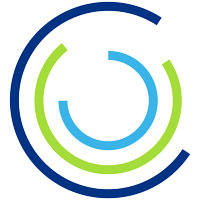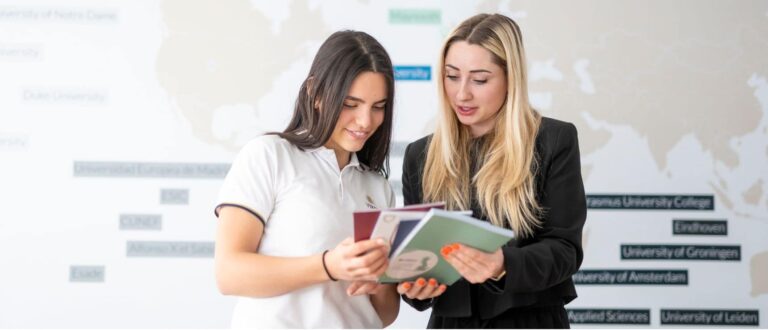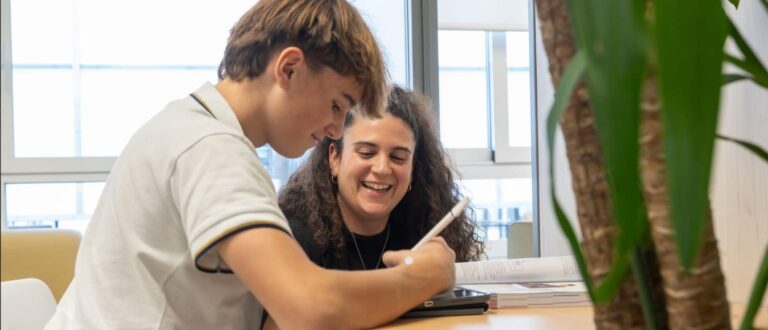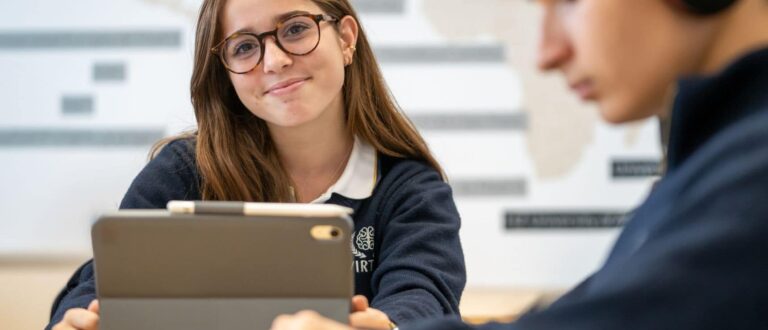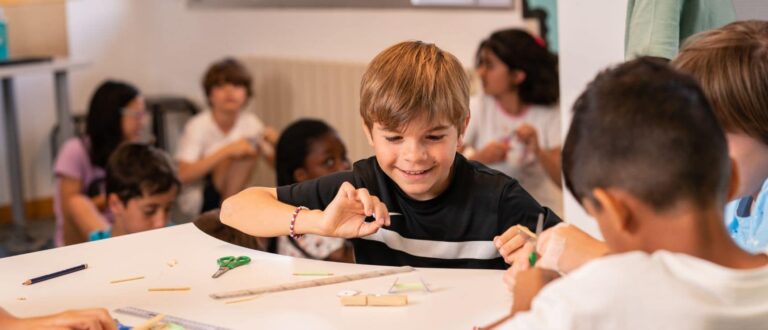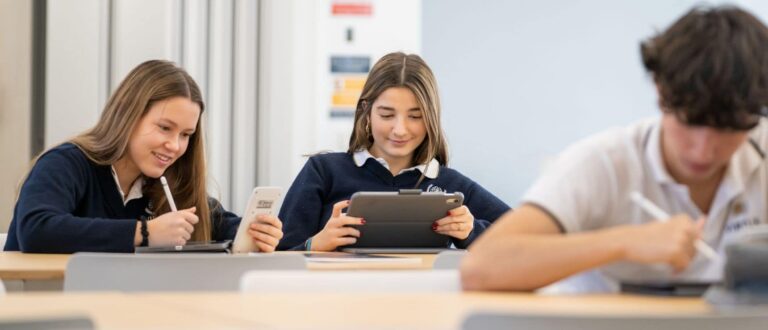Education is transforming to adopt a more personalized and engaging approach, by leaving behind its traditional one-size-fits-all method. Students at The Global College have already began to experience what the future holds, as they take a central role in their learning experience.
The rate at which technology is advancing has made it possible for educators worldwide to customize their teaching methods and suit the unique learning styles and interests of every student. This shift in mindset and teaching model empowers students to take the lead and ownership of their educational paths.
In this post, we will explore the exciting dimensions of the future of education. The potential of personalized learning, integrating technology and global collaboration all are aspects that allow students to become future-ready.
The Transformation of Education
As the needs of society change, education has undergone a significant transformation to adapt. The journey has led us from traditional teaching methods to more experiential, student-centered approaches. Factors such as technology, a deeper understanding of how our brain works and more awareness of the importance of holistic education have driven this evolution.
Before, education relied on memorization and a standardized curriculum. Its focus was on the passing of information from teachers to students, without focusing on creativity and critical thinking. As our knowledge of effective learning and development has increased, this has shifted.
Student-centered learning has become a key characteristic of the new world of education. Acknowledging that students possess their own strengths, learning styles and interests has made educators shift their focus to personalized instruction; which promotes inquiry, the pursuit of projects aligned with their passions, and fostering deeper engagement with each subject by understanding its application in real life.
Technology has driven this transformation by enabling a variety of tools and the means to teach differently such as interactive whiteboards, online learning platforms, virtual reality tools and apps. Through technology, institutions, teachers, and students have greater access to resources, faster and more effective communication, alternative ways to collaborate and much more. By providing more immersive learning experiences, education has become more dynamic, interactive, and accessible.
Wellbeing and holistic development have also become part of this transformation. Understanding the impact of a healthy lifestyle, a positive mindset and the pursuit of happiness have on the development of students is critical. Education is starting to focus on nurturing their wellbeing by teaching essential traits such as mindfulness, emotional intelligence, and character development. Environments are also being adjusted to support emotional and mental health, foster empathy, self-awareness, and resilience. The goal is to provide students with the tools to face and solve challenges in their academic, professional, and personal lives to contribute positively to society.
What’s next?
What are the most relevant trends and approaches reshaping education? There are just some listed below:
- Personalized learning: the future revolves around personalized learning tailored to the unique learning styles of each student.
- Students as active learners: education is shifting from a passive to an active approach. Students should research, be curious and approach each subject with an open mindset. Teaching will be focused on critical thinking, problem solving, teamwork and creativity.
- Technology drives the change: by offering new possibilities, EdTech is transforming traditional classrooms and learning spaces into dynamic, collaborative environments. Through technology, educators have access to more resources and can equip students with digital skills needed for the future.
- Cultural Competence: in an increasingly globalized world, cultural competence is key for understanding and being open to diverse perspectives. Students will have opportunities to engage in cross-cultural exchanges, fostering empathy, tolerance, and a commitment to global citizenship.
- Lifelong Learning: Education is no longer narrowed down to a specific stage in life, it becomes a lifelong journey. This means, embracing a growth mindset to learn along the way. As new technologies, industries, and challenges emerge, individuals will need to adapt and acquire new skills throughout their lives.
By embracing these changes, education will cultivate a generation of adaptable, empowered, and forward-thinking individuals ready to tackle future challenges and opportunities.

